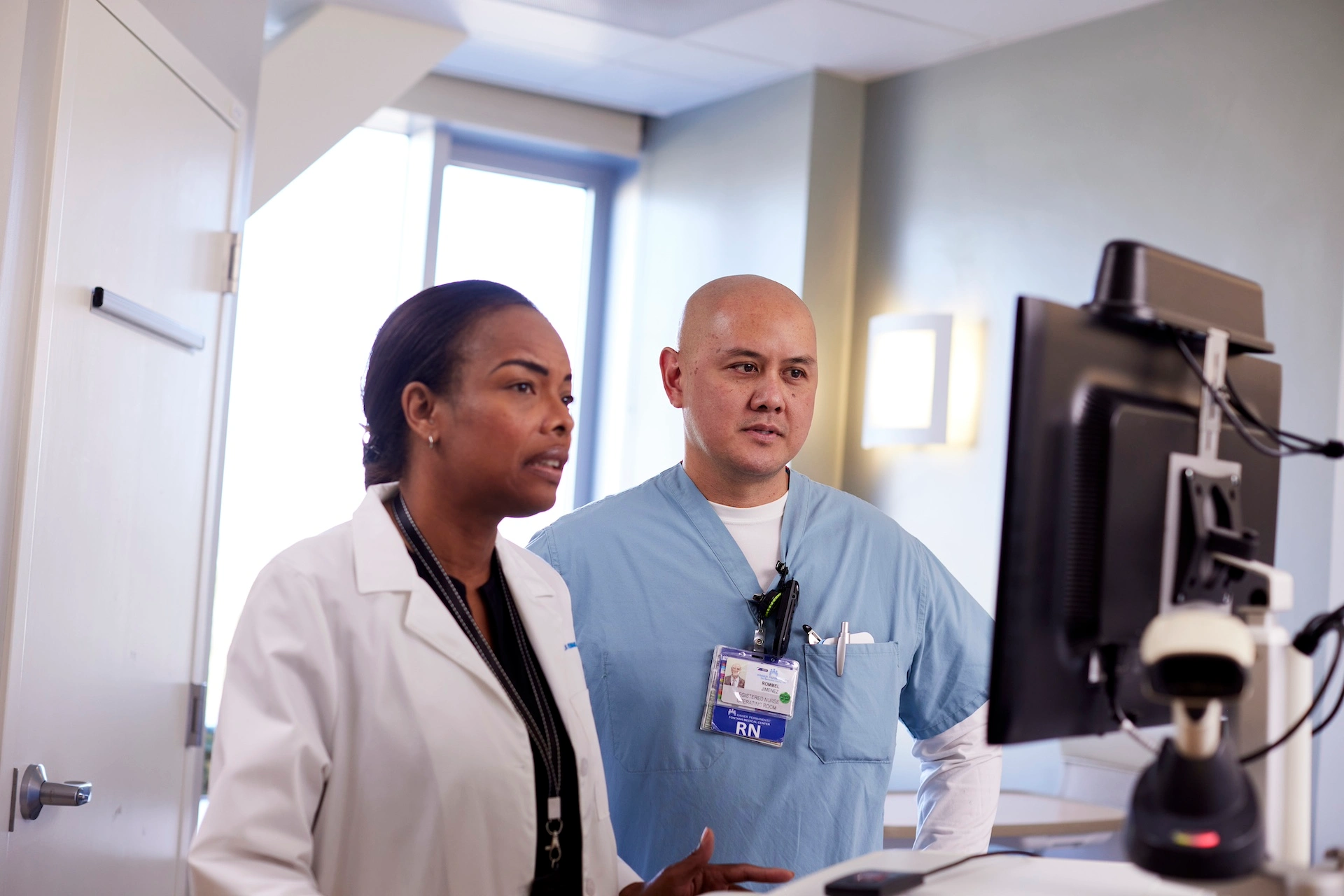Breast Cancer
OAKLAND, Calif., November 8, 2004 Researchers at Kaiser Permanente have received a $10 million grant to study whether lifestyle factors such as diet, exercise and use of complementary and alternative medicine (CAM) impact recurrence and survival rates for women with breast cancer. Kaiser Permanente Researchers will evaluate whether lifestyle changes improve prognosis for women with breast cancer (11.08.04)
“When a woman is diagnosed with breast cancer, she wants to know what she can do to deal with the disease,” said Lawrence Kushi, ScD, associate director for etiology and prevention at Kaiser Permanente of Northern California (KPNC) and lead investigator. “She has many questions. Should she change her diet, take supplements, eat soy?
“She may get advice from many places, but there is surprisingly little data to guide her,” he said. “This study, the largest of its kind, will provide some of the first scientific evidence to address these issues.”
While there are many studies that have examined the association of dietary and other factors with risk of getting breast cancer, few studies have examined whether diet, exercise and the use of CAM therapies improve prognosis for women with the disease, he explained. Some of the only other studies to address these questions are being conducted by other KPNC researchers, and this study will build upon that knowledge, said Kushi.
How these factors influence prognosis may depend, in part, on molecular characteristics that influence how DNA is damaged or repaired, he said, adding that it may also be true that DNA anomalies impact how genes express themselves. He explained that these markers may influence outcomes for women or interact with conventional therapies such as chemotherapy and radiation.
To study diet, researchers will analyze consumption of fats, soy, antioxidants such as vitamins C and E, folic acid, vegetables and fruits. There is continued debate about whether increased antioxidant intake is helpful during chemotherapy and radiation treatment, said Kushi. In addition, some cancer drugs work by inhibiting folic acid metabolism, suggesting that folic acid intake may influence prognosis, he said. He added that soy and phytoestrogens – plant compounds that act like estrogens in the body — are of interest because there is controversy about whether women with breast cancer should eat these foods.
In addition to diet, researchers will evaluate the physical activity of study participants. Some evidence indicates that physical activity, like diet, changes after diagnosis, said Kushi. A decrease in activity levels may result in weight gain, which is associated with poorer survival, he explained.
Researchers will also investigate the relationship of CAM to prognosis. This includes use of nutritional or herbal supplements, acupuncture or massage therapy. Research confirms that many women recently diagnosed with breast cancer make use of CAM therapies, said Kushi. With the exception of a few studies on stress and social support, no studies have examined the impact of CAM on recurrence or survival, he said. He explained that this study will help researchers obtain information about when women use which CAM therapies, how they obtain information on what to use, whether there are interactions with conventional therapies, and how women communicate their use of CAM with their conventional healthcare provider. Investigators also hope to gain more information about the association of CAM therapies and quality of life – physical well-being, social well-being and functional well-being.
Investigators will enroll several thousand women with breast cancer from Kaiser Permanente Northern California (KPNC) and collect prospectively information about lifestyle factors in the first several months after diagnosis when questions regarding interactions with conventional therapy are best studied. The study is the first of its kind to include women diagnosed at all stages of invasive breast cancer, including advanced stages.
Co-investigators are affiliated with the following institutions: The Kaiser Division of Research, The Permanente Medical Group, Roswell Park Cancer Institute, Marin Breast Cancer Watch and the University of California, San Francisco (UCSF). The study is funded by the National Institute of Health’s National Cancer Institute.
Kaiser Permanente is America’s leading integrated health care program. Founded in 1945, it is a non-profit, multi-specialty, group-practice prepayment program serving the health care needs of 8.3 million members in nine states and the District of Columbia. The Kaiser Permanente Northern California Region has almost 3.2 million members. It includes 5,000 physicians in The Permanente Medical Group (TPMG) and about 54,000 employees. Research conducted by scientists at the Kaiser Permanente Division of Research in Oakland, Calif. has appeared in the Journal of the American Medical Association, the New England Journal of Medicine, Pediatrics, the American Journal of Preventive Medicine and numerous other peer-reviewed medical journals.





This Post Has 0 Comments